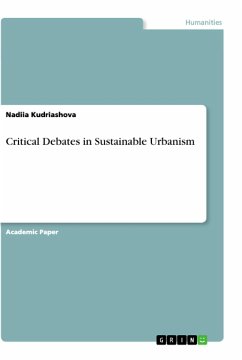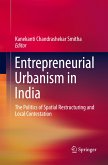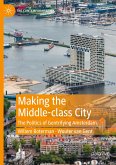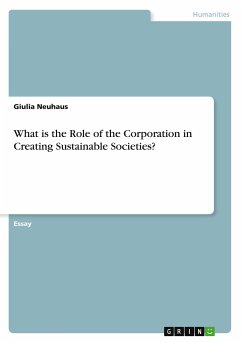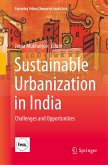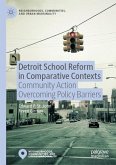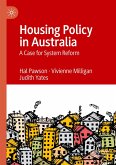Academic Paper from the year 2017 in the subject Sociology - Habitation, Urban Sociology, grade: MA, University of Pennsylvania, course: Urban studies, language: English, abstract: The processes of globalization, taking place at the present stage of social development, have led to profound social changes. Institutes and values, stereotypes of economic and social behavior of different population groups are changing. Qualitative changes in social conditions had an impact primarily on socio-economic processes in cities, on the rhythm, style, and lifestyle of the urban population. Economic, social, and political transformations in modern society have received the most pronounced territorial dimension, affecting primarily the cities that are the locomotives of these transformations.In the US, historically developed cities have a clear and compact layout, a mixed character of building-up due to the geographical, transport, and economic factors of the time. However, in the last sixty years, a completely different model of development has appeared. Cities began to grow along the highways and around urban and rural centers due to the appearance of a large number of private cars, cheap fuel, inexpensive land and growing prosperity. Housing construction with low population density began to threaten agricultural lands and damage open spaces, raise public services costs, and encourage people to leave large cities. All this has led to traffic jams on the roads, degradation of environmental and quality of life. Such a model of settlement could arise due to the current town-planning norms of zoning of the territory, which separates residential development from workplaces, shops, and schools. These norms put car drivers in a predominant position in relation to pedestrians.
Hinweis: Dieser Artikel kann nur an eine deutsche Lieferadresse ausgeliefert werden.
Hinweis: Dieser Artikel kann nur an eine deutsche Lieferadresse ausgeliefert werden.

